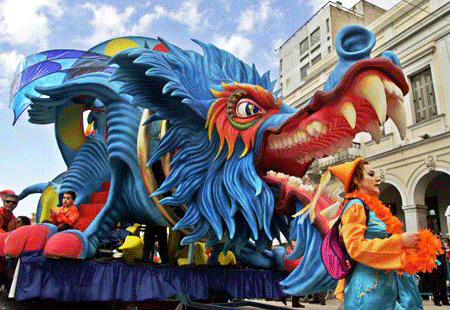Culture
Traditions, religion, music, language, food and wines are the major composites of the Greece culture and constitute the base for those who wish to visit the beautiful country of Greece.
Greek Traditions and Customs
Name day celebration
Engagement
Marriage
Baptism
Carnival
Clean Monday (Kathari Deutera)
Easter
Greek Independence Day
28th October: The NO
Engagement
Marriage
Baptism
Carnival
Clean Monday (Kathari Deutera)
Easter
Greek Independence Day
28th October: The NO

Greek Religion

Greek Music
Music and Greece (and the Greek Islands) have a long history dating from the Antiquity, during which poetry, dancing and music were inseparable and played an important part in the ancient Greek’s everyday life; The Greek tragedy of the first century AD and after used music as one of its component elements. Then, with the fall of Ancient Greece and the hegemony of the Roman Empire, Greek music slept for nearly two thousands years; the Byzantine Empire as well as the four hundred years of slavery under Ottoman domination restricted the development of Hellenism and its spiritual and artistic evolution.
The Greek music got reborn only in the 19th century with the opera compositions of Nikolaos Mantzaros (1795-1872), Spyridion Xyndas (1812-1896) and Spyros Samaras (1861-1917). From that moment on, Greece produced many talented artists from great composers to fabulous interprets; music became an expression and a testimony of the slavery years, a weapon of opposition against the colonel authority and a way to express love, death, human fears, that accompanied Greeks’ everyday life.
https://en.wikipedia.org/wiki/Greece